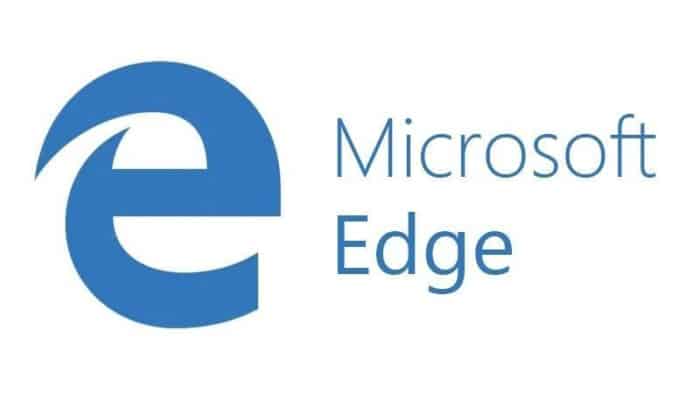
Right now, the fall 2018 edition of Windows 10 will open links within email via Microsoft Edge—and boy, are some people mad.
Windows 10 Build 17623, part of the “Skip Ahead” track that will debut in the “Redstone 5” release in the fall, will begin testing a change that will make Edge the default browser for reading email links, Microsoft said Friday. The decision isn’t final, and Microsoft hasn’t even released the current version of “Redstone 4,” informally known as the Spring Creators Update. Heck, since the Skip Ahead track is a closed beta, the vast majority of Windows users won’t even be affected for months.
Under the new rules, it doesn’t matter which browser you have selected as the default; if you use the basic Mail app within Windows, any link you click will open up Edge. Outlook will apparently open links using the default browser, as before.
But any change to the established order of things riles up a certain segment of the Windows 10 community, who want their PC pristine, unchanged, and theirs. To be fair, Microsoft has tried this before, assigning Edge and Bing as the default apps to open up Cortana search links. And at just under 4 percent market share, it’s fair to say that the market has spoken, and against Edge. Still, woe betide the poor person who has to read the Windows feedback on this one.
Unfortunately, Microsoft’s Edge debacle probably overshadowed more meaningful additions within Insider Build 17623:
Support for HEIF, the High Efficiency Image File Format: a new image format which helps improve quality, compression, and capabilities compared to earlier formats like JPEG, GIF, and PNG.
Safe removal of external GPUs: Like the USB drives of old, Windows can now un-mount an external GPU, shutting down applications which many be running on it.
WDAG improvements: If you’re one of the people who do use Edge on an enterprise version of Windows 10, Windows Defender Application Guard can be a lifesaver. Essentially, it’s a super-secure sandbox that protects your PC from the dangers of the Internet. Now, it offers downloads to host PC, though they’ll be stored in a folder called “untrusted files” as a reminder that you’re really not supposed to do that in a secure environment.
Why this matters: At this point, it really doesn’t. If Microsoft doubles down on this plan as September nears, that’ll be the time to take up the torches and pitchforks.
